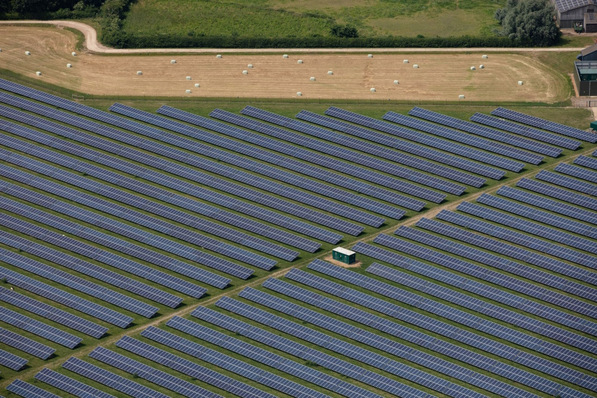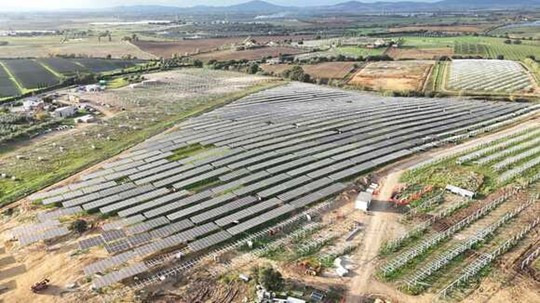With the aim of increasing demand in Pakistan for high-equality solar power systems and providing impetus to the solar market there, the German Solar Association (BSW-Solar), together with local stakeholders, is developing certification procedures for PV systems and organizing training seminars for banks. In these further training courses offered by the Frankfurt School of Finance & Management, financing experts from three participating commercial banks in Karachi learn how to assess private and commercial photovoltaic projects with the help of a yield calculator.
Helping banks to develop a better understanding of PV products
“Real obstacles to the solarization of this sunny and energy hungry country include the often insufficient quality of locally available solar power equipment as well as the lack of possibilities for financing,” according to David Wedepohl, Managing Director of International Affairs at BSW-Solar. Since there are very few standards in place, the products on the market are often insufficient. Additionally, commercial banks rarely offer financing. “With these training seminars, we are helping bank employees to develop a better understanding of photovoltaic products.” To secure a high standard of quality, a PV passport will be available next year, which is being developed by BSW-Solar together with local partners.
More financing products for investments in photovoltaics
Because the demand for electricity significantly exceeds generating capacity in Pakistan, power outages are currently an everyday occurrence that impacts Pakistan’s population and its businesses. Meanwhile, the extraordinarily high level of radiation in many parts of the country of 200 million inhabitants presents excellent conditions for generating solar power. In addition to a feed-in tariff for large-scale solar power installations, there is also a net metering model in place for smaller and medium sized systems. Since 2016, the State Bank of Pakistan has been offering loans for the financing of PV systems. Private banks, however, rarely incorporate these loans into their financing products for investments in photovoltaics, as the banks often lack the necessary understanding of the technology and of the associated business models. Only around 800 megawatts of new solar power capacity was installed in Pakistan last year. The total capacity of Pakistan’s photovoltaic systems is around two gigawatts.
The project, funded by the Gesellschaft für international Zusammenarbeit (GIZ) on behalf of the Federal Ministry for Economic Cooperation and Development (BMZ), will run until September 2019. (HCN)
Stay informed, get our free newsletter twice a week. Register here
More useful information:
https://www.pveurope.eu/News/Markets-Money/Strong-solar-growth-in-Iran-though-still-challenges







